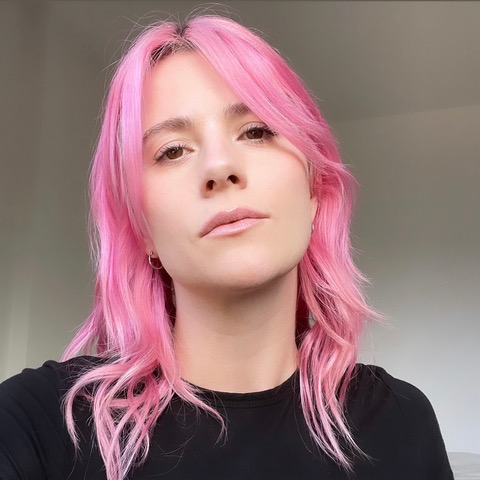ISSN: 1941-4137
POETRY THAT ENACTS THE ARTISTIC AND CREATIVE PURITY OF GLASS
POETRY THAT ENACTS THE ARTISTIC AND CREATIVE PURITY OF GLASS

Amber Krogel is a writer living in Toronto. She holds an MA in Political Theory from the University of Toronto. Her work has appeared in The Literary Review of Canada.
Also by Amber Krogel:
On Certainty
July 31, 2024
Lot’s Wife Looks and Looks
You may feel sorry for me
but let me tell you, until you’ve looked
like one, you can’t know what a mountain sees.
There are things that stay hidden
and must be worshipped, then there is
everything else that reveals itself
to those who look long enough
and must also be worshipped.
It’s like this: don’t blink
and notice how the film of water
that forms over your eyes
begins to magnify colour.
Notice how no one asked
if I wanted to stay, and if
you had I would have said
people go blind in caves.
If you had asked me who I belong to
I would have said the Lily of the Valley
which you can tell by the way
it praises the ground is by far
more trumpet than tears
and which I am now free
to look at all day long.
If you say everything about me is a sin
I say bring me a mirror and let me look
at myself in an empty room until I learn
something new about the nature of sin.
If you say brimstone I say look
at how the fire’s blaze can soften
into a halo. If you say exile I say look
at how what you love can disappear
in any direction and come back
as an open horizon. If you say
it’s not too late I say please,
you are blocking my view.
This poem is based on the biblical story of the destruction of Sodom and Gomorrah in Genesis 19. I grew up with sermons that preached Lot’s wife as a cautionary tale — assuming that if she could speak she would speak of regret, just like the flowers trailing out of the Garden of Eden were proof Eve was sorry. Revisiting this story now, I see in Lot’s wife’s missing perspective the instructive questions I encountered in my own exodus from Evangelicalism: Who is served by the command to not look? What if it is not casting off but attending to the world in its fullness that saves us? What if holiness abounds?
Glass: A Journal of Poetry is published weekly by Glass Poetry Press.
All contents © the author.
All contents © the author.





